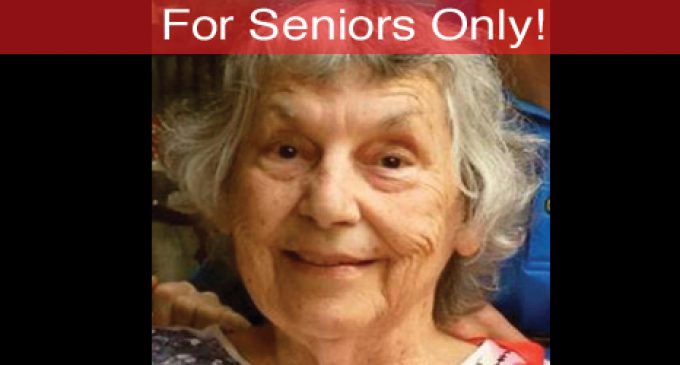FACE gives drop-outs another chance

In January of her senior year, Jordan Mayes dropped out of high school.
“I was having a lot of issues of staying focused,” Mayes said. “It spiraled down.”
Mayes has since dropped back in. She now is working on earning her high school diploma through a relatively new Winston-Salem/Forsyth County Schools program called the Forsyth Academy for Continuing Education (FACE). It uses the Career Center as a home base and offers classes at night.
One of her fellow students is Rayne Shore, who, at the beginning of this school year, needed only English IV to complete her graduation requirements.
“I just never showed up at the beginning,” Shore said. “I didn’t want to go all year.”
Now she doesn’t have to. FACE offers students the flexibility of enrolling at any time and completing courses at their own pace.
“I should be done before Christmas,” Shore said.
FACE student Michael Tucker has already completed his graduation requirements. At West Forsyth High School, Tucker was struggling.
“I was dealing with a lot of personal issues,” he said. “I dropped out a few different times.”
One day, he received a call from Kay Landry, the program specialist for dropout prevention, intervention and recovery for the school system. At the direction of Carol Montague-Davis, the school system’s assistant superintendent for secondary education, Landry – working with Gwendolyn Johnson Green, the school system’s director of alternative education – had developed FACE as a “dropout recovery” program that would offer students who had dropped out the opportunity to return to the school system.
An important part of the concept was to provide as much flexibility as possible. Students could start at any time and complete classes at their own pace. Evening classes were created to add another option for students.
“I liked that you could work at your own pace,” said Tucker, who is looking to take college courses at either Forsyth Technical Community College or UNCG.
At present, FACE is a small program. Its 37 students work with four teachers, all of whom also teach full-time at other alternative schools. Lisa Nakawatase teaches at Forsyth Middle College. The other three – Corey Council, Ciara Redfearn and Yasmine McWilliams – teach at Kingswood School at the Children’s Home. Students said that the teachers are a big part of why they like participating in FACE.
“The bottom line is we meet the needs of the students so they can earn their high school diploma,” said Deborah Doub, the FACE coordinator. “The high school diploma is their ticket to the future. A large component of the program is the relationship of the staff and students.”
FACE is a place where students can find a sense of accomplishment, McWilliams said.
[pullquote]“I have always told my kids, ‘It’s very hard to fail a class if you work hard every day. Every day you try. You can’t fail until you quit.’”[/pullquote]
FACE began this past spring as a pilot program with 27 students, two teachers and Cheryle Belo, who had retired and returned to participate in this program, as both the coordinator and the school’s counselor. Since Doub, who also works as a graduation coach for Guilford County Schools, joined the program as coordinator, Belo has focused on her role as counselor.
A grant from Race to the Top is paying for the program through June 30.
“The ultimate goal would be to have a standalone evening school,” Landry said. “We have to take the baby steps to get to that.”















